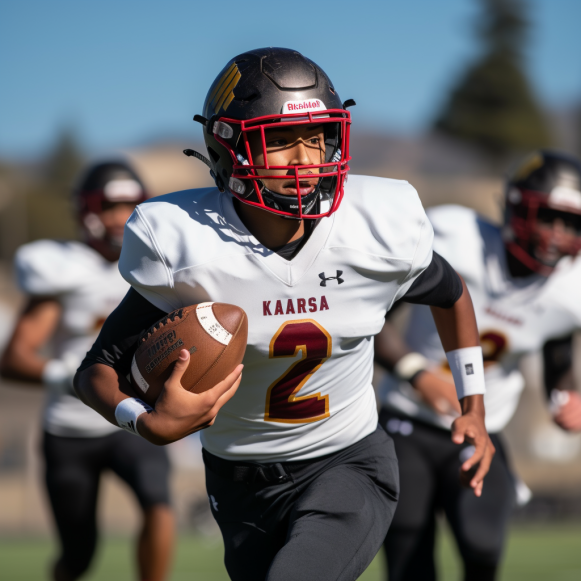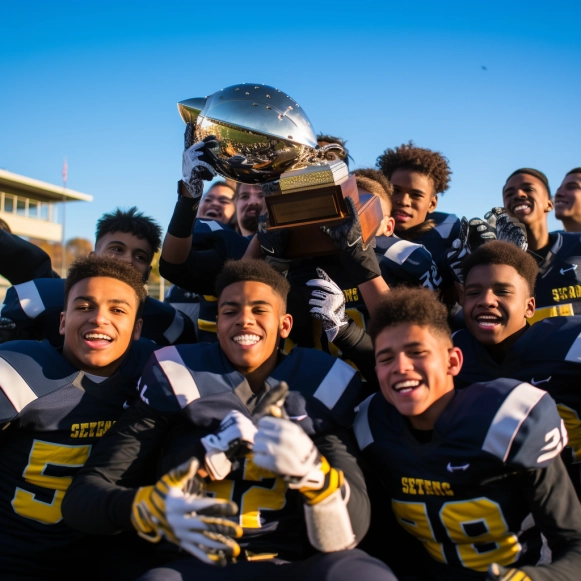UC regents take more control of Cal, UCLA athletics in advance of conference shifts
The governing board is adding a level of oversight
When the University of California regents met Thursday at UCLA, they did not finalize the so-called Berkeley tax, but they did plan to delve deeper into the world of college sports.
Significantly deeper.
The regents established a special committee to “assist the Board in fulfilling its responsibilities for oversight of intercollegiate athletics programs,” according to the website.
More bureaucracy is exactly what the Bruins and Bears require!
As the schools prepare to join new conferences next season, their governing boards are expected to require UCLA to provide financial assistance to Cal. The sum has yet to be determined. The regents have also not provided a clear timeline for resolving the contentious issue, which amounts to an unprecedented subsidy between UC athletic departments.
Their calendar, however, indicates that a deep dive into the issue is on the way.
The regents met in closed session on Thursday to discuss what the agenda called “UC Berkeley Atlantic Coast Conference Membership.” Although no further information was provided, the board’s upcoming calendar now includes an Oct. 11 meeting of a “special committee on athletics.”
The special committee, which was formed in May, was given a two-year mandate.
The seven-person committee will be chaired by Regent Jose Hernandez, who received his undergraduate degree from the University of the Pacific and his master’s degree from UCSB. Gene Block (UCLA), Carol Christ (Cal), and Gary May (UC Davis) will provide advice.
According to the charter, the committee will focus on four areas:
— Athlete well-being (travel, academic assistance, mental health).
— Governance and internal control oversight, including compliance and audit activities
— Athletics strategic direction, which includes “recommendations to the Board on matters affecting student-athletes and athletic programs when appropriate.”
— Policy review at the system level.
The charter makes no mention of the so-called Berkeley tax, which would see UCLA funnel millions of dollars in Big Ten revenue to the Bears as a “contribution” to their athletic department. In addition, the University of California’s strategic communications office did not respond to a request for comment on the committee’s role in developing the subsidy.
However, sources expect the committee to investigate the matter; after all, the financial component is linked to all four areas of focus.
The regents formalized the authority to impose the subsidy in December and described it as follows:
“After Pac-12 media agreements are finalized, the President will return to the Regents with a recommendation for a contribution by UCLA to the Berkeley campus in the range of $2 million to $10 million, to be used to enhance student athlete support at that campus.”
Following the Pac-12’s demise in early August, Cal and Stanford agreed to join the ACC at a reduced revenue share next summer. ESPN will reportedly take a 30% cut of the ACC’s media revenue for the next seven years, putting the two schools at a significant competitive disadvantage.
Despite being a full-time Pac-12 member, the Bears receive more than $20 million in campus support to balance their books.
“We believe (the ACC deal) was the best agreement in financial terms that we could have made and look forward to working through the challenges,” Christ said in early September, when the ACC move was announced.
How might Cal “work through” those difficulties?
“We’ve barely begun to think about strategy,” Christ added. “There’s a missing piece, which is what the regents decide about UCLA’s contribution to Cal.”
According to the measure, the maximum “contribution” is $10 million per year. The regents may decide not to impose the Berkeley tax on UCLA, but sources familiar with the process believe that some level of “contribution” is the most likely outcome.
Resolution could take months, but it is likely to start in earnest when the special committee meets on Oct. 11 at UCSF.





